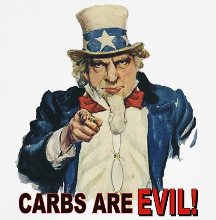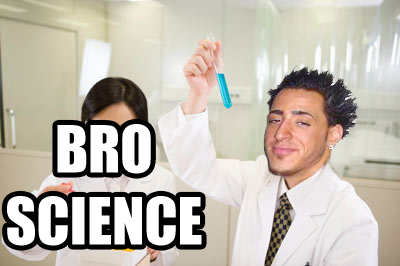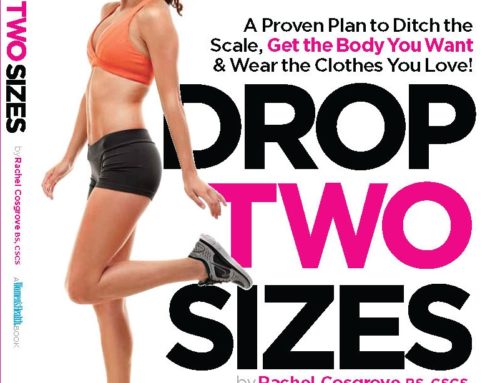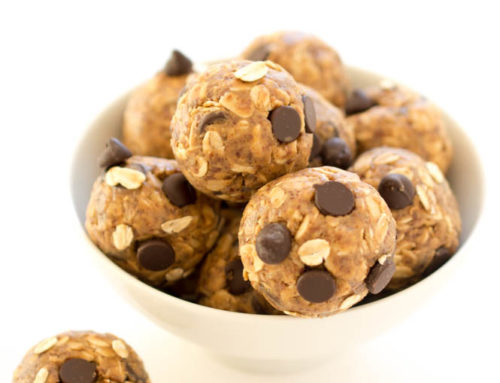Honestly if there was one fitness myth that I need to be stomped on, thrown in the trash, and never heard from again it is that carbohydrates are evil and you shouldn’t eat them.
Food Marketers, fad diet pushers, and supplement gurus have tricked people into believing that carbs are all bad. NO SIR AND NO MA’AM.
Carbs are bad huh? You mean apples are bad? Sweet potatoes are bad? Kale is bad? Guess what all three of those are fibrous carbs?? I would like you to find me studies where people gained lots of bodyfat eating these things.
It’s the QUALITY of the Carbohydrates
The truth of the matter is that carbohydrates themselves are bad. It is the type of carbohydrates that people are eating that is the problem.
Americans eat too many refined carbohydrates which are filled with sugar, sodium, chemicals, and empty calories.
What are refined carbohydrates
The technical definition of refined carbohydrates are foods that have been PROCESSED by machinery that strips the bran and germ from the whole grain. The process gives foods a finer texture and prolongs shelf life, but it also removes important nutrients, such as B vitamins, fiber, and iron.
Examples of refined foods are: white bread, pastas, packaged pastries, sodas, and most of the “foods” you find in boxes at your local supermarket
 |
| Refined Carbohydrates |
Looking at the definition and examples of refined carbohydrates several things should jump out:
- The process of refining the carbohydrates STRIPS the food of it’s nutrients
- Refined carbohydrates have a longer shelf life so think about that in terms of your own body. If the food can sit on the shelf for that long, think about all the work your digestive system has to do to break it down. If it can stay fresh on the shelf for a year, do you really want it in your body?
- Most of those foods are high in calories, sugar, sodium, and aren’t foods that you reach for when you’re trying to get healthy
Remember this, REFINED CARBS are the type to avoid.
High Quality Carbohydrates: Unrefined Starchy Carbs and Fibrous Carbs
The two type of carbohydrates that should play a large and larger role in your diet are unrefined starchy and Fibrous Carbs
Unless you have food allergies, celiac disease, or a gluten intolerance you can eat things like rice, bread, and such. One of the things people love to tell me about their nutrition plan is that they’ve cut these types of food and of course they do well for a few weeks, but then they eventually give up and go back to eating these foods.
You can eat bread, rice, and pastas in their unrefined state. For general health and wellness clients it is fine!
Some of my favorites are: brown rice, quinoa, oatmeal, Ezekiel bread, Ezekiel Tortillas
I also enjoy Quinoa pastas because unlike regular pastas (even whole wheat), they do not feel heavy in my system or make me feel lethargic. Check it out!
 |
| Quinoa Pasta |
 |
| Ezekiel Bread |
Just a note: Ezekiel bread is found in the freezer section of Whole Foods. (I haven’t found it anywhere else) It is made of sprouted grains instead of flour and it is easier to digest. The bread is found in the freezer because it contains NO additives and NO preservatives, so it will go bad if you don’t keep it frozen.
Fibrous carbs are veggies! I hope I don’t need to go into why we need to eat more vegetables. As I tell my clients, if you want to improve your health: Eat more vegetables. Boom. Sneak them into all of your meals!
Why we need carbohydrates
- Gives energy to make it through your workouts
- Build lean body mass/Lose body fat
- Stay alive
Carbohydrates are the main source of fuel for our bodies. Without giving a long scientific explanation, your muscles need to have fuel in order to make it through challenging workouts. That fuel is going to come primarily from carbohydrates. When runners “bonk” or “hit the wall” it is because their muscles have simply run out of fuel.
So after workouts most people grab protein shakes thinking, “I’m going to rebuild my muscles”. Hmmmm. Well if you’re looking to build lean body mass, you used the fuel in your muscles (glycogen) to push through that workout.
Chances are if you’re “getting it in” at the gym 5 days a week, you’ll be back at it tomorrow so your muscles need another fill up of fuel. Therefore it is important to fuel up with carbohydrates after your workout.
Yes I’m debunking one of the broscience myths. You should be having carbs 30-45 minutes post workout. I’ve generally stuck to a 3:1 carb/protein ratio. 30-45 minutes is that optimal window to get the nutrients to replenish your muscles. I like protein and maybe a piece of fruit if I’m on the go or my oatmeal and eggs.
This is coming later, but when you say you want to “tone” you mean you want to build lean body mass and lose bodyfat.
You need carbohydrates to stay alive and I’m just going to drop this kicker: If you’ve cut out all carbs and are thrilled with all of the weight you’ve lost that first week, here’s some bad news: when you cut carbs, you lose the fuel (glycogen) in your muscles and right along with it water. So you’re mainly losing water, not bodyfat!
Bottom Line
We need carbohydrates as part of our diets. What we don’t need are the processed, nutrient deficient, and calorie/fat laden refined carbohydrates that food marketers like to push on us.
I also encourage my clients to stay away from refined carbohydrates marketed as diet foods. Items include things such as crackers, chips, and all these other guilt free snacks. You’re much better off with REAL FOOD….such as lean proteins, fruits, and veggies.
Don’t fall victim to the food marketers or the broscientists!









Leave A Comment